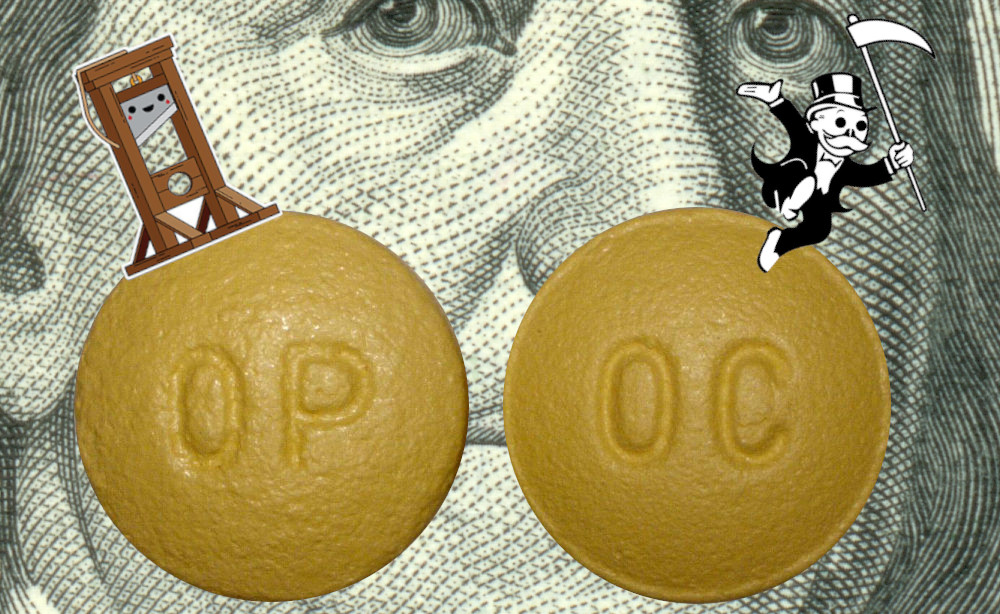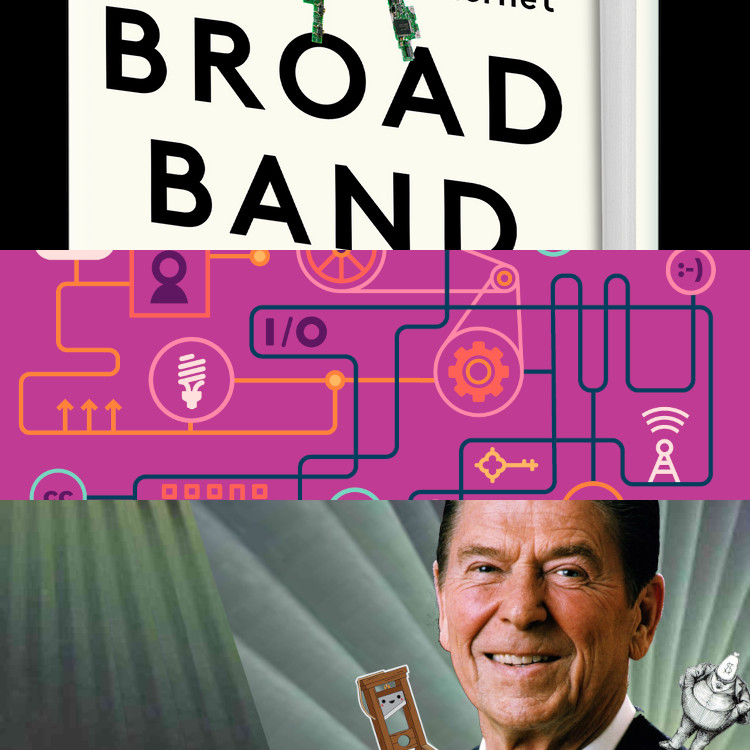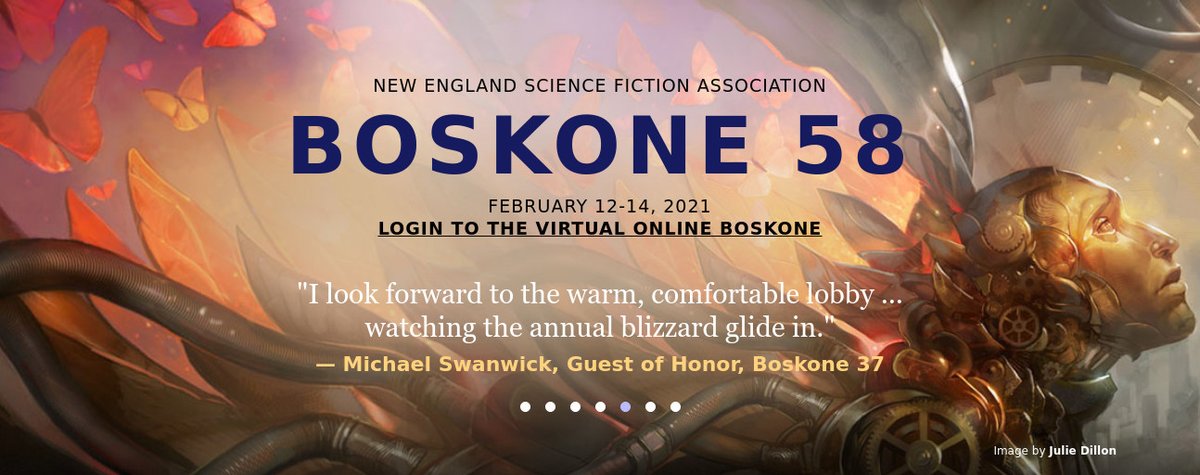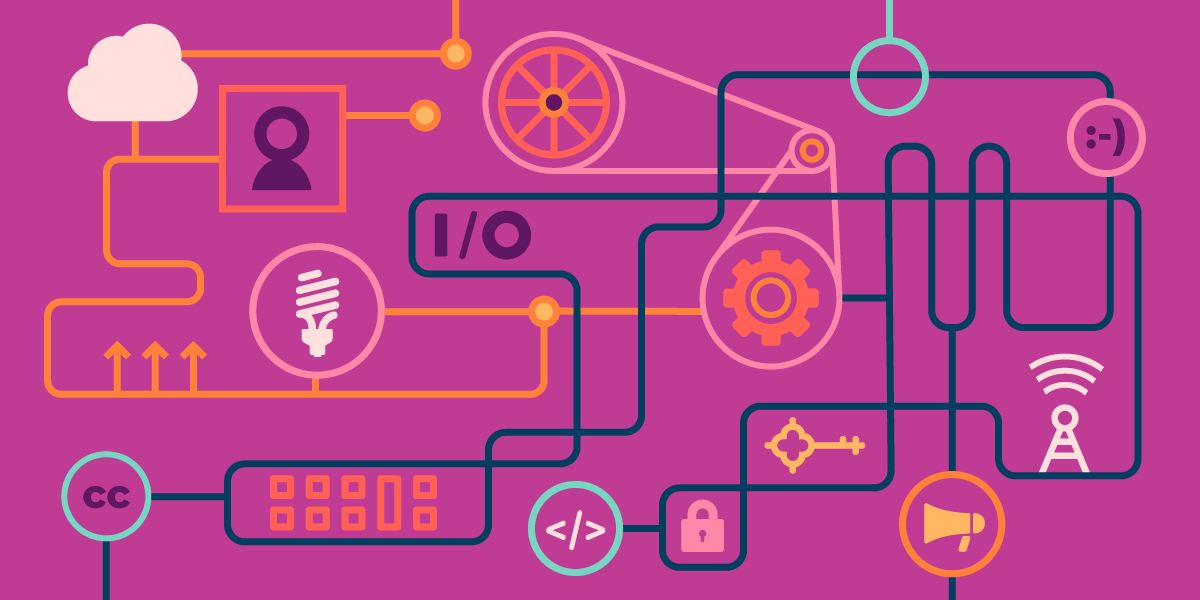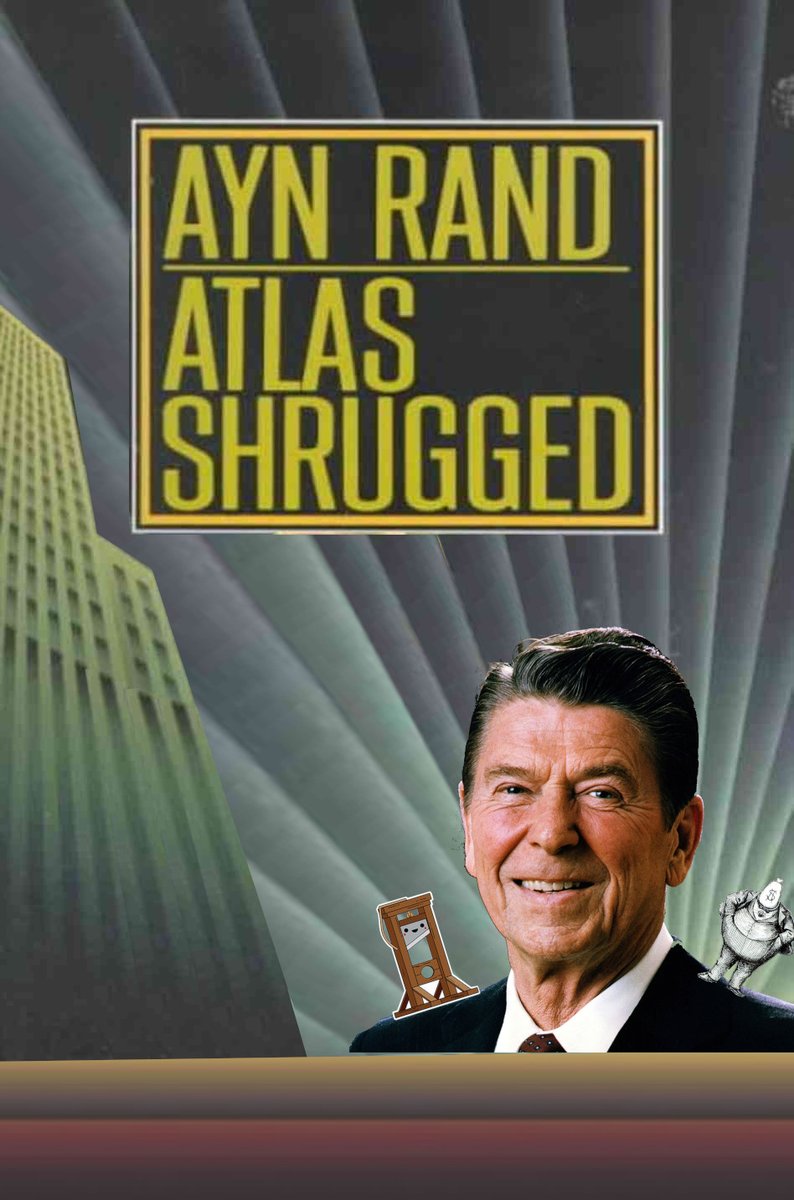
Personnel are policy: when Trump appointed the ex-Verizon lawyer @AjitPai to run the @FCC, he set in motion a series of maneuvers that would compromise broadband access for all Americans, but especially the poorest people in the country.
1/
1/

From the start, Pai's misconduct was breathtaking. His blockbuster manoeuvre was killing #NetNeutrality on the basis of obviously fraudulent, bulk-submitted comments from stolen identities and fake email addresses.
2/
2/
Pai's act of neutracide has far-reaching consequences for everyone who depends on the internet, but other Pai policies were more narrowly targeted, raining down especially grave harms on the poorest, most vulnerable people in the country.
3/
3/
The most egregious of these were Pai's attacks on Lifeline, a rural telcoms subsidy program. Long before Pai's chairmanship, the FCC gave up on the idea of either building state-owned wires for rural users, or hoping that the telco monopolists would do so on their own.
4/
4/
Instead, they created Lifeline, which gave out billions in subsidies meant to provide an incentive to connect rural residents, especially remote tribal lands. Under Obama, this program was expanded to include broadband service.
5/
5/
Pai - who claimed concern for the digital divide - slaughtered Lifeline. He killed a $25/month subsidy for users on tribal land - a decision that a court found to be totally without evidentiary support.
techdirt.com/articles/20210…
6/
techdirt.com/articles/20210…
6/
Pai also eliminated Lifeline's broadband subsidy, leaving the poorest Americans with $9.25/month to help cover wireless, broadband and phone bills.
Pai correctly noted that the telco monopolists like AT&T and Sprint had routinely defrauded the lifeline program...
7/
Pai correctly noted that the telco monopolists like AT&T and Sprint had routinely defrauded the lifeline program...
7/
...But rather than censuring these companies or limiting their access to Lifeline funds, Pai excluded their small, rural competitors from the program - and then failed to implement the anti-fraud programs that would have caught Big Telco's cheating.
8/
8/
As @karlbode notes on @techdirt, Pai's tenure was "fact-optional" and while the FCC has a long history of doling out special favors to the industry it's supposed to be overseeing, neutering broadband access takes on an especially grave character during a pandemic.
9/
9/
"42 million Americans still can't access broadband (double official FCC estimates), and millions more can't afford service thanks to monopolization and limited competition." -Bode
This is Pai's enduring legacy.
eof/
This is Pai's enduring legacy.
eof/
• • •
Missing some Tweet in this thread? You can try to
force a refresh

